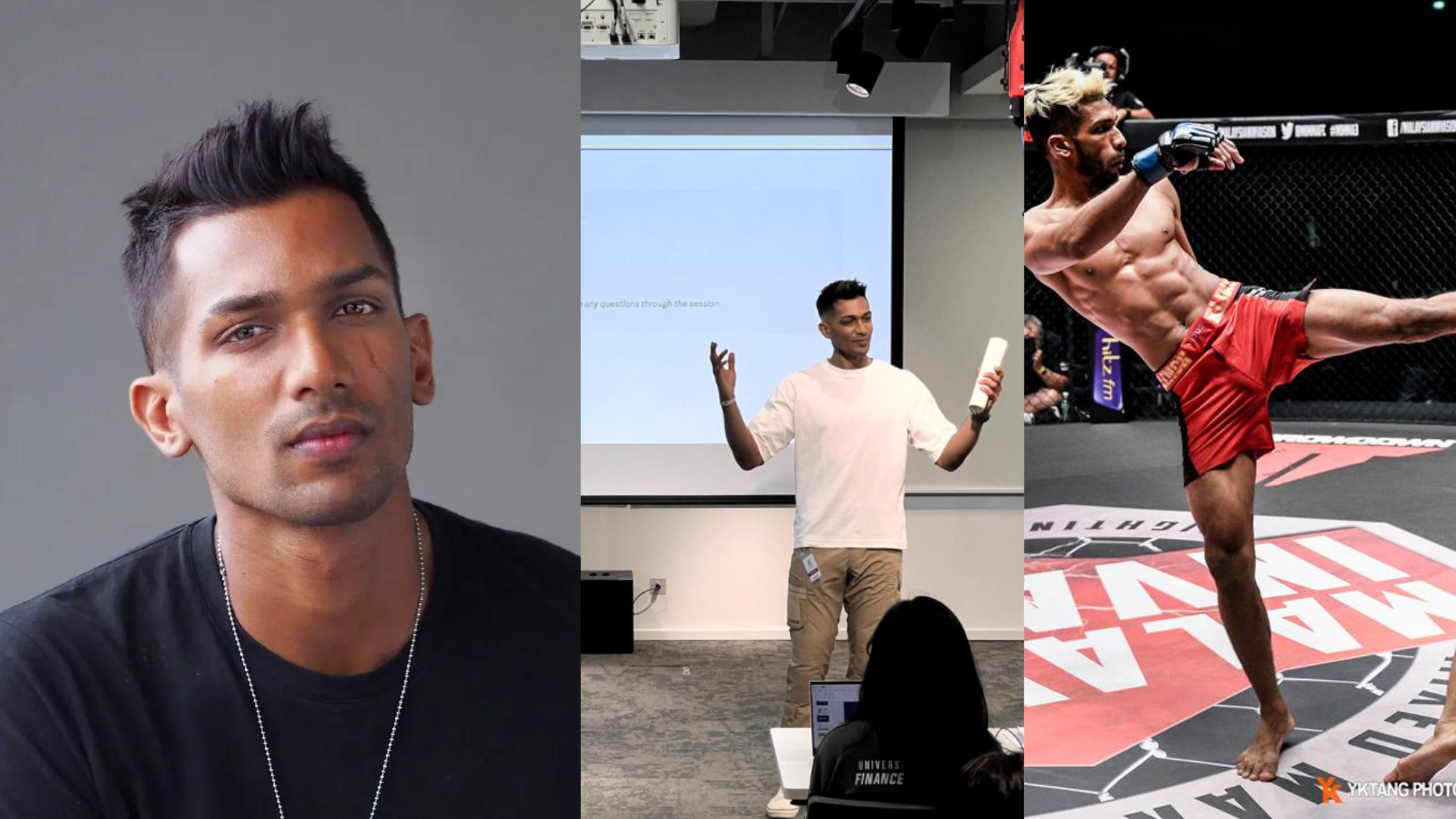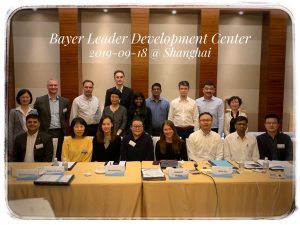Cognitive bias is a phenomenon that affects us all, and it can have a significant impact on the way we think and act, especially in the workplace. It’s essential to bring awareness to cognitive bias and understand how it can affect our decision-making and interactions with others.
A cognitive bias refers to the tendency to make decisions based on their own perceptions and experiences, rather than on objective facts. These biases can take many forms, such as confirmation bias, where people tend to seek out information that confirms their existing beliefs, and the halo effect, where people tend to form positive opinions of individuals based on a single positive characteristic.
In the workplace, cognitive bias can lead to poor decision-making and reduced productivity. For example, if a manager unconsciously favours employees who remind them of themselves or are similar to them, they may overlook the potential of other employees who have different backgrounds or perspectives. This can lead to missed opportunities and a lack of diversity in the workforce.
Acknowledging and identifying our cognitive biases are essential for creating a more inclusive, fair, and productive work environment. When individuals and organizations become aware of their own biases and work to minimise them, it leads to better decision-making, increased innovation, and higher job satisfaction for employees. Additionally, it allows for a more diverse workforce and allows different perspectives to be taken into account when making important decisions.
Here are a few strategies and tools to help with eliminating cognitive biases at the workplace
- Assessment and diagnosis: Leadership consultants like me work with organisations to assess the extent of cognitive bias within the organization and identify areas where it is particularly prevalent. This can help leaders to understand where they need to focus their efforts to reduce bias.
- Workshops and education: I design bespoke workshops and provide awareness to leaders and employees on the topic of cognitive bias. This can help individuals to recognise their own biases and learn strategies for overcoming them. For example, I can teach leaders how to recognize and counteract the impact of their own biases on decision-making, and how to create a culture that promotes inclusivity and diversity.
- Process redesign: I support organisations in redesigning their Talent Management processes to reduce the impact of cognitive bias. For example, I help organisations create environments that recognise and celebrate diverse opinions and perspectives and to implement processes that promote diversity and inclusivity.
- Mentoring and coaching: I can work with leaders to provide mentoring and 1:1 coaching on how to overcome cognitive bias. This can help leaders to identify, recognise and minimise their own biases and create a more inclusive work environment.
- Monitoring and accountability: I help organisations measure and holding leaders accountable for reducing cognitive bias. This can include regular assessments, reporting, and feedback to track progress and ensure that efforts to reduce bias are effective.
All the strategies and models that we at Eudaimonia use are based on psychological research, thus ensuring that the results are sustainable.
By working with a business psychologist, leaders gain the knowledge and tools they need to recognise and manage their own biases, create a more inclusive and fair workplace, and make better decisions.
This will lead to higher profitability, increased innovation, and higher job satisfaction for employees, allowing companies to be more adaptable and resilient in the face of change and competition.






















